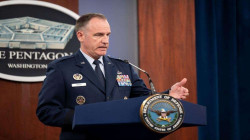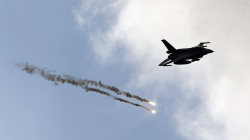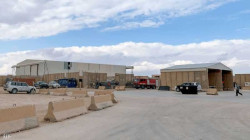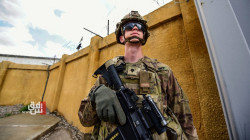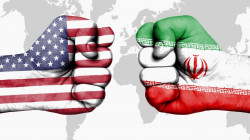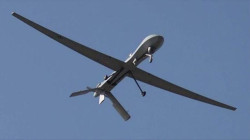US troops in Iraq and Syria aren't 'keeping the peace'
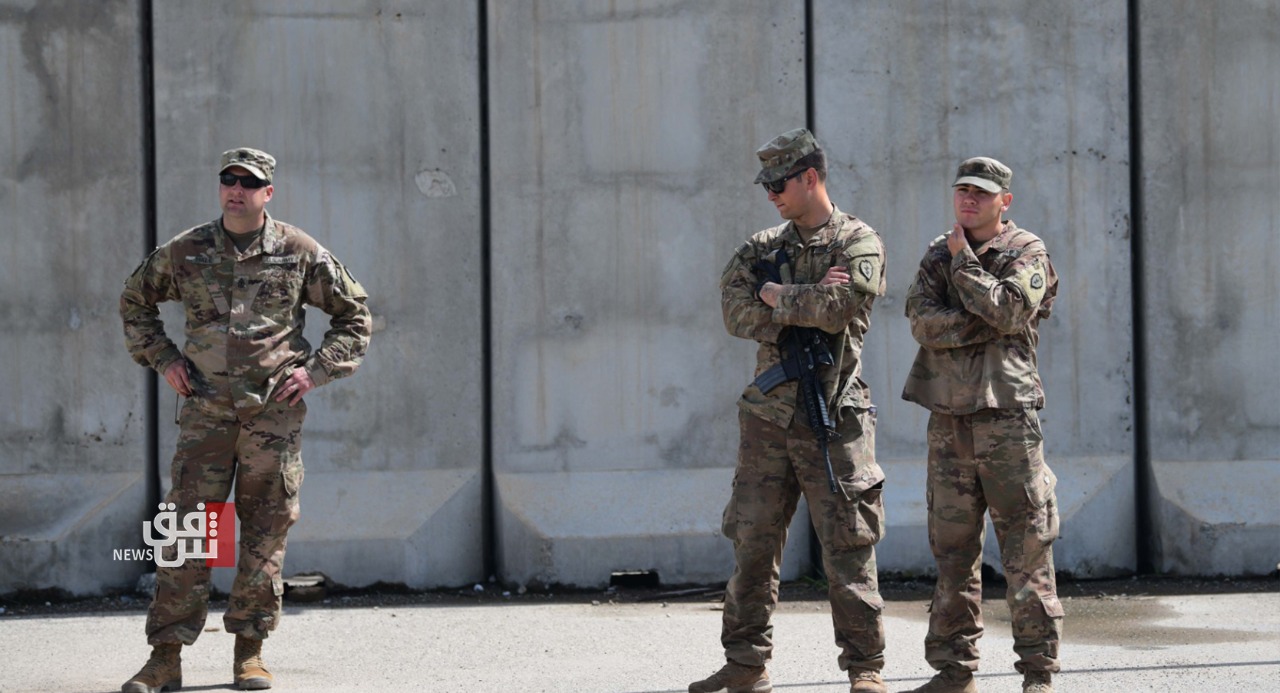
Shafaq News / The regional reverberations of the Israel-Gaza war demonstrate why the White House should scrap, not reinforce, America’s outdated and unnecessarily provocative troop presence in Syria and Iraq.
President Joe Biden should redeploy these forces to a safer position offshore and leave it to self-interested Syrians and Iraqis to prevent ISIS from reemerging. As Biden’s own policy on Afghanistan demonstrated withdrawing US soldiers and Marines can bolster American security by turning the fight against ISIS over to well-motivated local belligerents while freeing up US personnel to serve in more vital areas.
Likewise, pivoting out of Syria and Iraq will not make Americans any less safe, but it will deny local militias, and their presumptive patrons in Iran, the chance to use unneeded outposts for leverage over our national strategy.
Since October 17, some 900 US troops in Syria and 2500 in Iraq have been taking fire from Iran-linked militias and, subsequently, drawing retaliatory air support, including an attack by a C-130 gunship that killed eight members of the Kataib Hezbollah group in Iraq last week. The US service members are the lingering footprint of Operation Inherent Resolve, which began in 2015 to defeat the Islamic State in Syria and Iraq and succeeded in 2019 in eliminating the physical ISIS caliphate, thereby reducing ISIS to “a survival posture” without territory.
Rather than taking the win and packing up, the Trump and Biden administrations kept in place some troops, who have become a recurring target of opportunity for Iran and its surrogates during moments of tension. In the past five weeks, the Iran-linked militants’ rockets and one-way attack drones have injured over 60 of these Americans.
The prolonged American deployment, driven by policy inertia more than strategic necessity, has added tinder to a potential US-Iranian conflagration that would eclipse the Israel-Gaza War. One Pentagon official has remarked in defiance, “Iran’s objective… has been to force a withdrawal of the US military from the region… What I would observe is that we’re still there [in Iraq and Syria].”
This reluctance to relinquish former ISIS territory to independently-minded governments recapitulates the mindset that made the Afghanistan and Iraq wars so unnecessiarily costly. Rather than cutting its losses, the White House and Pentagon have doubled down, with two aircraft carrier groups in the Eastern Mediterranean, an airstrike on an Iran-linked weapons depot in Syria, and an additional 1200 troops for staffing regional air defenses, and now strikes inside Iraq — over the objections of Iraqi Prime Minister Mohammed Shia al-Sudani, whose coalition is linked to Kataib Hezbollah.
When it comes to escalating or winding down Us military interventions, the deciding factor should not be what Iran’s leaders want in largely deserted corners of Iraq and Syria, but what policies best serve American interests. On this question, Biden’s controversial decision in 2021 to pull all US forces from Afghanistan offers an important lesson. As seen firsthand, complete withdrawal can serve Washington’s counterterrorism and strategic goals, even if the policy cedes physical terrain to governments with which US officials do not see eye to eye.
When the Israel-Gaza war broke out the weekend of October 7, I was wrapping up an uneventful three weeks of visiting what were once the deadliest zones of America’s recent wars: Kabul, Kandahar, and Helmand provinces in Afghanistan; and the cities of Baghdad, Fallujah, Ramadi, and Mosul in Iraq. I traversed dozens of Taliban and Iraqi government checkpoints, as I toured cities and rural areas without any sense of threat from officials or terrorists. The physical security I experienced in both countries dispels the most common fear about withdrawing American troops, that exiting will increase the danger to Amrericans and our interests while strategically advantaging recalcitrant governments.
It is difficult to overstate the level of internal stability Afghanistan has enjoyed since August 2021. In the wake of America’s flawed evacuation from Kabul airport, analysts and policymakers expected the country to implode and spread armed conflict onto its neighbors and the world. Instead, political violence in Afghanistan plummeted by 80%in the first year after American forces left.
Crucially, the Taliban’s security forces curbed the threat of mass-casualty attacks by Islamic State’s local offshoot, accomplishing in a matter of months what the Pentagon and CIA had been trying to achieve since 2015. While yes they are under the thumb of the oppressive Taliban regime, Afghans are experiencing their longest respite from war since the Soviet Army invaded on Christmas Eve 1979.
Meanwhile, US forces that would be committed to high-risk, low-reward combat missions in land-locked Afghanistan are available for “deterring and responding to great-power aggression.”
If the Taliban can hobble Islamic State’s operations in an impoverished agrarian country with a supposedly “weak and failing state” ripe for transnational jihadism, there is every reason to expect the armed forces of Syria and Iraq can be equally effective. The Syrian military, backed not only by Iran but also Russia, has the wherewithal and materiel to deal with the dead-enders of ISIS’s defunct caliphate.
Next door, last year’s spike in oil prices allowed Baghdad to adopt the largest budget in its history, including $23 billion for the security sector. Further, I can report that the roadways of Iraq are festooned with billboards of the “martyred” Iranian special forces commander Qasem Soleimani. His ubiquitous visage, in addition to al-Sudani’s high-profile visit to Tehran after Secretary of State Blinken’s furtive November 5 drop-in, puts paid to the idea that American boots on the ground can check Iranian influence in Iraq or other Shia-led states such as Syria.
ISIS has long since been defeated and Operation Inherent Resolve should be shuttered at the first opportunity. The August 2021 withdrawal from Afghanistan offers a vivid — if unexpected — precedent for making this timely and prudent shift. This further demonstrates that letting local actors handle Islamic State fighters — and whatever lands those jihadists claimed — will not empower America’s challengers, but can enable a nimbler US foreign policy.
(Responsible Statecraft)
